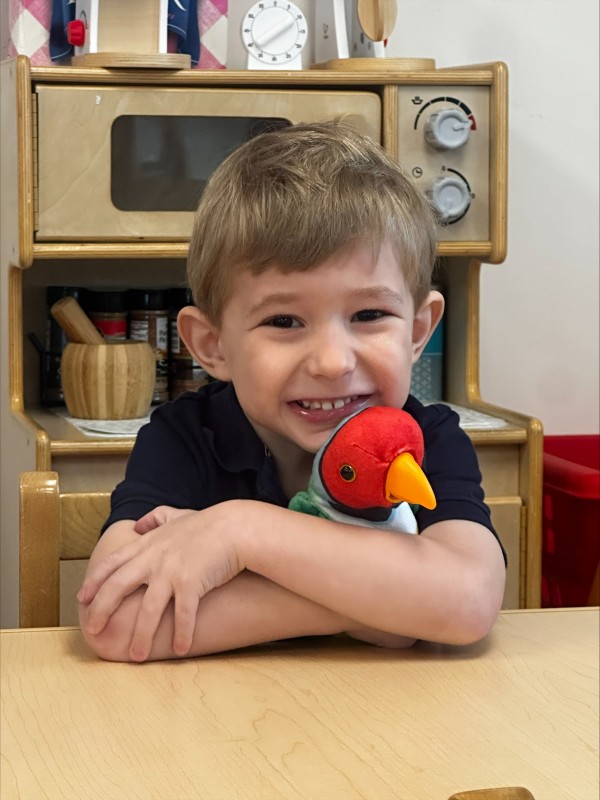
As parents and educators, we often find ourselves in a world full of complexities, where children’s understanding between truth and falsehood can sometimes blur. Early in my parenting and in my early childhood education career, I thought children were innately “good” and didn’t lie. As I grew in my educational quest to become knowledgeable in child development, I learned that this is not accurate. Opposing concepts such as reality & fantasy, non-fiction & fiction, and truth & lies are things that tiny humans must learn.
It is human nature to try to protect ourselves, this includes socially and emotionally. In short, this means that children will lie to protect themselves, to the best of their ability, so that they don’t make people mad or unhappy. Tiny humans must learn “social graces” such as not taking something they want that is not theirs or lying to keep themselves from getting in trouble. These social graces are actual character values that we embrace at Children’s Lighthouse.
I want to introduce Children’s Lighthouse’s new Character Value Friend™ for February, Wanda the Parrot from Uganda. Wanda is the perfect friend to help children learn the value of honesty and the impact of words.
Wanda, a vibrant talking parrot, is not just any bird; she is a perfect example of how powerful words can be. Her trainer dedicates time to ensure that she learns to speak only the truth. Imagine a world where children, like Wanda, are taught to recognize the value of honest communication from an early age! At Children’s Lighthouse Early Learning Schools, we are committed to teaching children character values such as honesty.
In teaching Wanda to say true statements, her trainer illustrates a key lesson: the words we choose to share are significant. Teaching children to express themselves truthfully helps them navigate their feelings and relationships through honest communication. When children learn to say things like, “I feel mad” or “I need help because I broke something,” they are engaging in honest communication that fosters understanding and connection. It is through honest communication with a trusting and loving adult children learn truthful words are the quickest way to meet needs.
When teaching how to speak honestly, it is also a good time to help children learn “social graces.” No one wants to be a friend with someone that use blunt or hurtful words. Knowing this, Wanda’s trainer sets boundaries for this expressive bird, ensuring she doesn’t use negative language or unkind phrases. Her trainer often shares words and phrases for her to use. This is crucial. Children are impressionable, and they often mirror the behavior they observe. Often “parroting” like a parrot. By modeling honesty and kindness in our own lives, we provide a living example for our children. Just as Wanda learns to repeat only what is good and true, we can teach our kids to do the same.
In a world where misinformation can spread easily, teaching children the importance of truth is more essential than ever. As parents and educators, we have the responsibility to guide them in understanding the value of honesty.
As we nurture honesty in our homes and schools, we are not just helping our children become trustworthy individuals; we are also fostering an environment where openness and kindness thrive. Let’s follow Wanda’s example and create a world where truth is celebrated, cherished, and freely shared.



